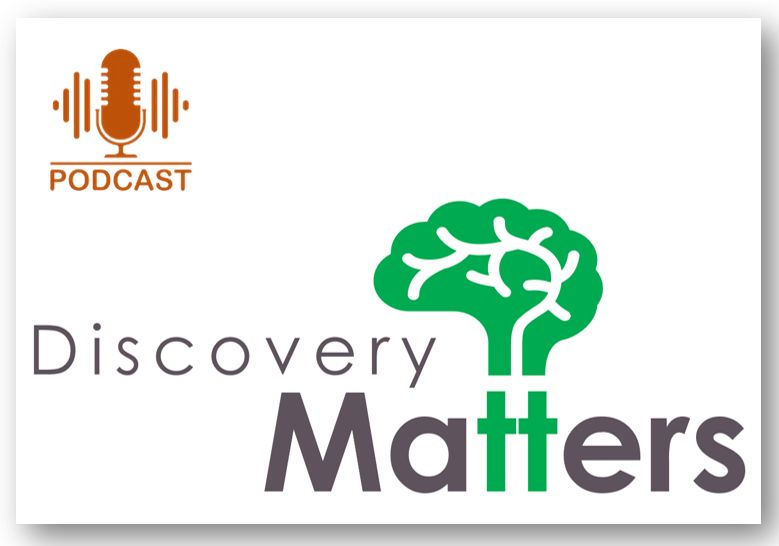News & Trends - MedTech & Diagnostics
Australian-made nasal swab kits for COVID-19 testing
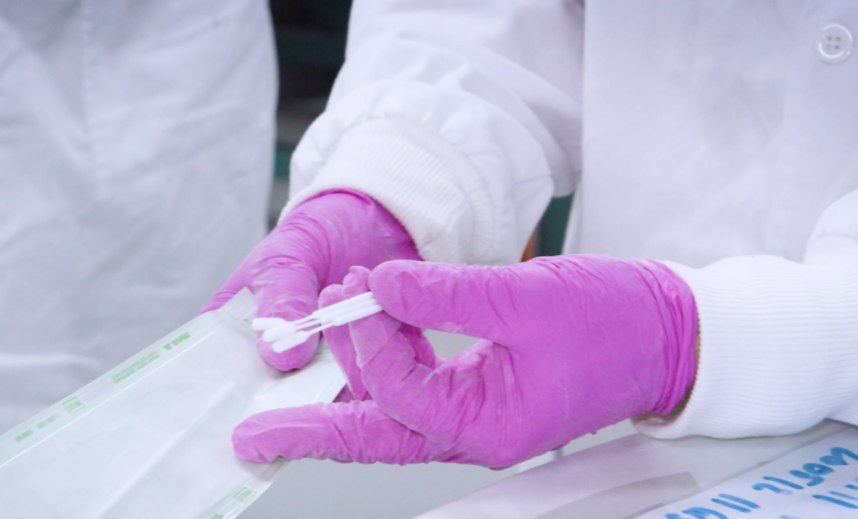
MedTech News: The Australian Government has signed a $3.7 million contract with a Melbourne company to supply sterile nasal swab kits to the National Medical Stockpile.
The University of Melbourne brought together industry partners and researchers for the development of an Australian-first; locally manufactured 3D printed nasal swab for coronavirus (COVID-19) testing.
3DMEDiTECH, a partner of the University’s Australian Research Council Training Centre for Medical Implant Technologies (ARC CMIT), will supply Australian made, 3D printed nasopharyngeal swab kits. The kits will be issued from the stockpile to general practitioners, private pathology providers and state and territory governments according to their need for ongoing coronavirus testing.
“The development of the swabs is a key example of industry and research collaboration leading to quick and crucial innovation, thanks to federal funding provided to the ARC CMIT,” Associate Professor Lee said.
The kits will include a nasopharyngeal swab, viral transport “media” (salt solution), and a bio hazard bag.
University of Melbourne Professor Deborah Williamson, Director of Clinical Microbiology, Royal Melbourne Hospital at the Doherty Institute, led a clinical evaluation to assess the 3D printed swabs for safety and efficacy.
The trial was conducted at The Royal Melbourne Hospital Staff Clinic and the results were published recently in the Medical Journal of Australia.
“We have faced major shortages of laboratory consumables considering the increased need for COVID-19 diagnostic testing,” said Professor Williamson.
“The 3D printed swabs, created using medical-grade nylon fibres, have proven to be safe for use for sample collections from patients, and effective in detecting SARS-CoV-2 in clinical and laboratory studies.”
The swabs are the first sterile 3D printed swabs to be included on the Australian Register of Therapeutic Goods (ARTG).
The kits will make it easy and safe for healthcare professionals to collect clinical specimens from people presenting for COVID-19 testing, and for the samples to be transported to testing laboratories.
3DMeditech, based in Port Melbourne, will deliver the first swabs this week, with further deliveries continuing weekly until early March 2021.
The National Medical Stockpile is a strategic reserve of personal protective equipment (PPE) and medicines maintained by the Australian Government for use in a public health emergency, such as the current pandemic.
Finding an Australian supplier of sterile nasal swabs is another positive move for the nation’s health security. Reliance on overseas suppliers can make it difficult to source vital health resources, such as virus testing materials and PPE, when global demand is high.
In recent weeks, our Government has signed major agreements worth over $1.7 billion to ensure Australia can mass produce vital vaccines, including a COVID-19 vaccine.
The production and supply agreements that form part of our Government’s COVID-19 response plan, means Australians will be among the first in the world to receive a vaccine, after trials have proven it to be safe and effective.
News & Trends - MedTech & Diagnostics
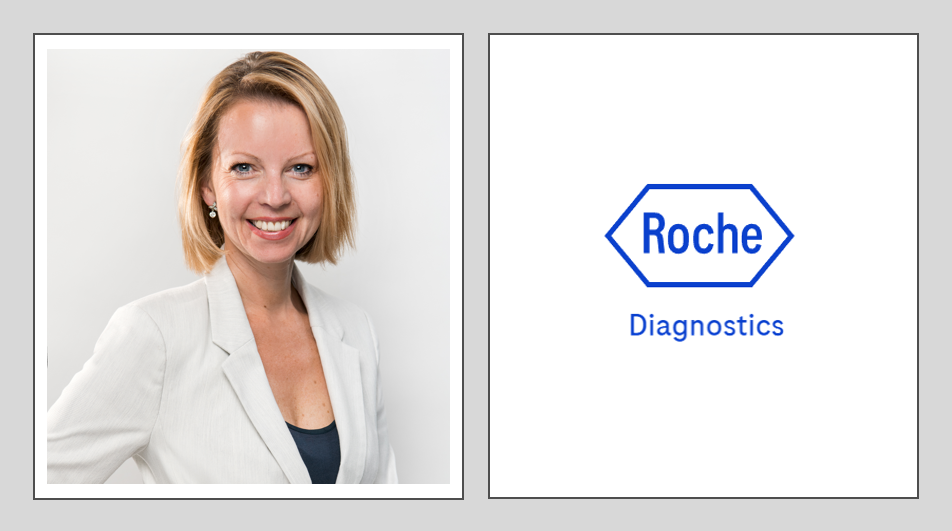
Roche Diagnostics MD bids farewell after two-decades, leading the organisation to new heights of success
Diagnostics & MedTech News: The Managing Director of Roche Diagnostics Australia, Allison Rossiter, has announced her resignation, effective September 2024. […]
MoreNews & Trends - Pharmaceuticals

Is Australia ready to play a leading role in precision nuclear medicines?
Pharma News: A newly released discussion paper unveils Australia’s preparedness to take the helm in the rise of the global […]
MoreNews & Trends - MedTech & Diagnostics
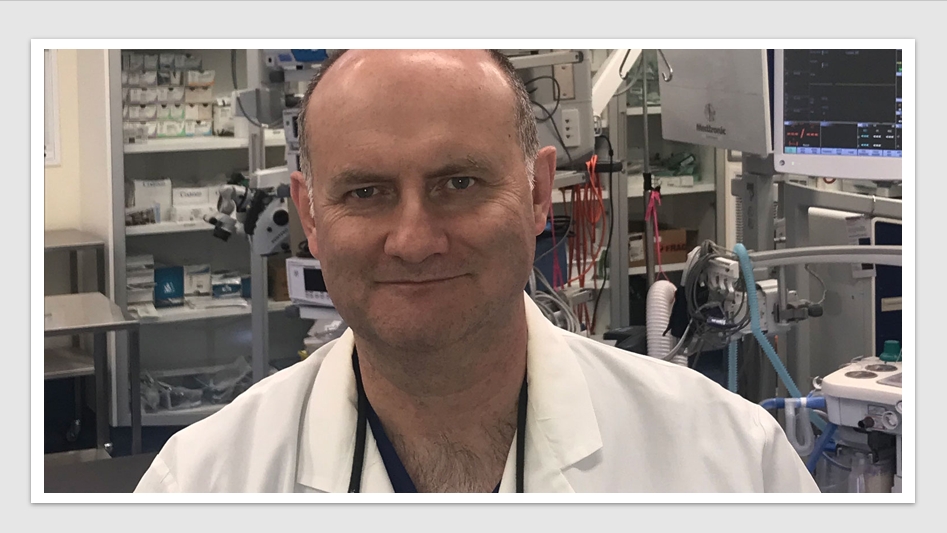
Minimally invasive procedure a first in epilepsy treatment
MedTech & Diagnostics News: A new MRI guided and minimally invasive surgery has marked an Australian-first procedure for the treatment […]
MoreNews & Trends - Pharmaceuticals
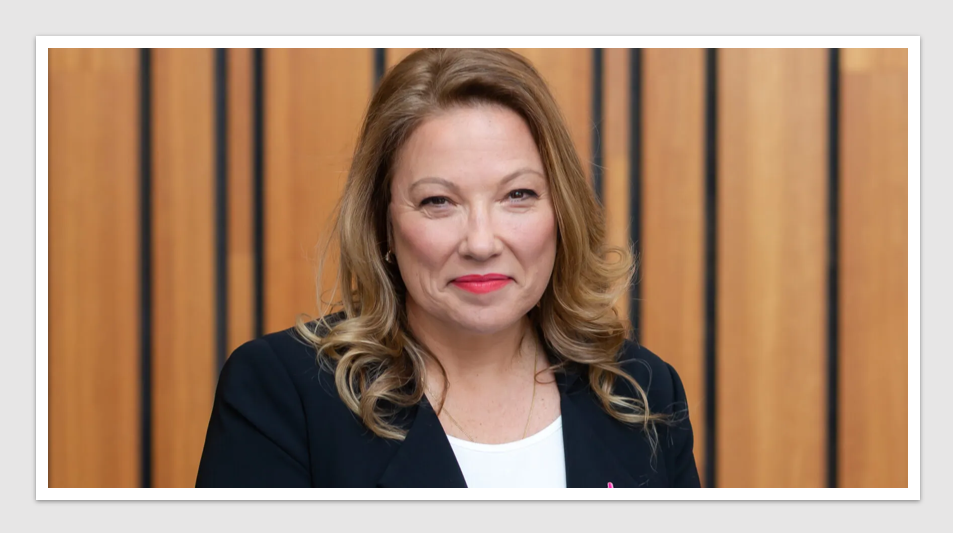
Stakeholders unite in international call to tackle breast cancer gaps and inequities
Pharma News: Breast Cancer Network Australia (BCNA) has united in an international call to raise breast cancer care standards and […]
More